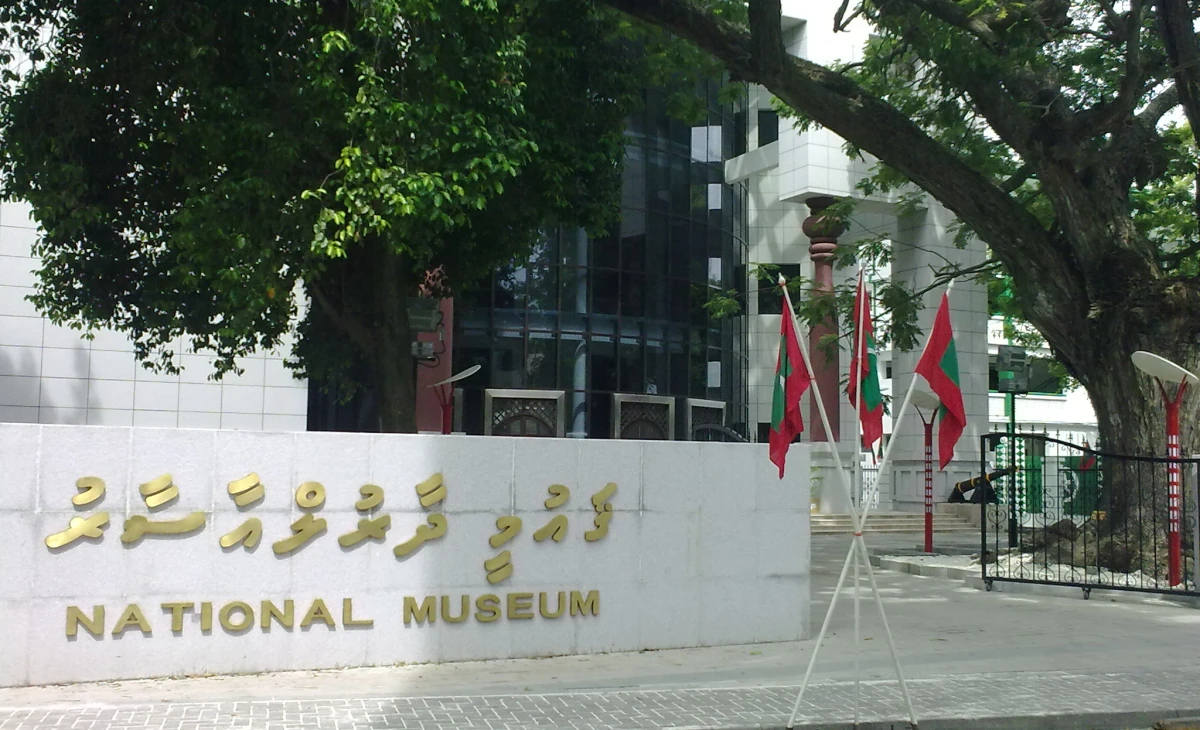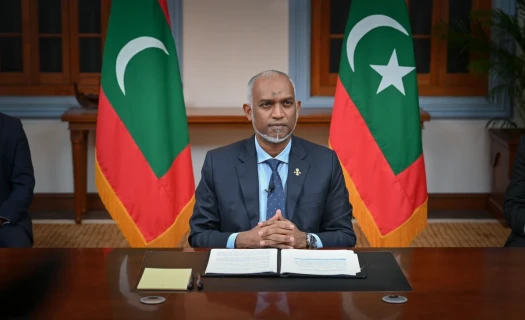Wed, 17 Dec 2025
|DHIVEHI
Government leads bold drive to safeguard Maldivian identity
12 Sep 2025
|

The Maldives National Museum
The Government of the Maldives established the Ministry of Dhivehi Language, Culture and Heritage to safeguard and promote the nation’s linguistic, cultural, and historical identity. Originally created on 21 January 2014 as the Ministry of Culture and Heritage, it was renamed in 2023 to underscore a stronger commitment to the preservation of the Dhivehi language and national heritage.
The Ministry is mandated to advance the use of Dhivehi, protect cultural sites, and foster national pride through heritage-driven initiatives. Central to this mission has been the establishment of the National Institute for Maldivian Heritage Research, tasked with conducting research, providing expertise, and informing long-term policy on cultural preservation. Its mandate encompasses the revival of knowledge in the Dhivehi language, history, traditions, and identity, while also strengthening patriotism and a sense of belonging.
Complementing this initiative, President Dr Mohamed Muizzu authorised the creation of three additional institutions: the Dhivehi National Heritage Research Centre, the Dhivehi National Heritage College, and the Dhivehi National Publisher. Together, these bodies aim to enhance academic capacity, cultivate cultural awareness, and provide a platform for Maldivian scholarship and authorship. The Dhivehi National Heritage College focuses on training qualified professionals and raising public awareness of indigenous identity and culture. In contrast, the Research Centre prioritises data collection, academic publications, and the organisation of scholarly forums on heritage and patriotism. Supporting both is the National Publisher, which ensures locally produced works reach a wider readership.
Beyond institutional development, the Ministry has initiated a range of targeted programmes. The Kalhuohfummi Fashan heritage training initiative, for example, equips participants with specialised knowledge and skills in Dhivehi language, history, arts, geography, and culture. Parallel museum training schemes have been extended to the outer islands, ensuring that heritage preservation is decentralised and not confined to Malé. These programmes aim to develop the expertise required for both public and private museum management nationwide. In addition, discussions with UNESCO have explored the establishment of more localised training opportunities and the expansion of technical capacity within the Maldives.
Language research constitutes another key priority. In partnership with the Maldives National University (MNU), the Ministry is conducting scientific studies on effective methods for teaching the pronunciation of Dhivehi letters in schools. The agreement with MNU outlines three main objectives: initiating the research programme, identifying pedagogical approaches for teaching Dhivehi phonetics, and integrating poetic therapy into language education. Alongside this research agenda, the Ministry continues to emphasise the central role of Dhivehi as the first language acquired by Maldivian children, promoting its active use in schools, technology, and daily communication.
All in all, the establishment of the Ministry of Dhivehi Language, Culture and Heritage represents a significant elevation of cultural identity and heritage as state priorities. Through the creation of new institutions, nationwide training initiatives, and international partnerships, the Maldives is embedding heritage into its broader development agenda. Sustained investment in human resources and decentralised programmes will be critical to ensuring that the Dhivehi language, culture, and heritage are preserved and revitalised for generations to come.


Popular News







